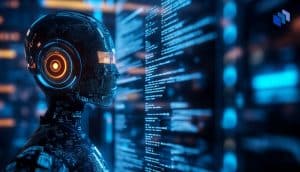What Does Institute of Electrical and Electronics Engineers Mean?
The Institute of Electrical and Electronic Engineers (IEEE) is a global association and organization of professionals working toward the development, implementation and maintenance of technology-centered products and services.
IEEE is a nonprofit organization founded in 1963. It works solely toward innovating, educating and standardizing the electrical and electronic development industry. It is best known for its development of standards such as IEEE 802.11.
IEEE is pronounced as “Eye- Triple E”.
Techopedia Explains Institute of Electrical and Electronics Engineers
IEEE primarily innovates new electronic products and services, designs the standards that govern them and imparts, publishes and promotes industry knowledge through publications, conferences and partnering with academic institutes. The prime areas of focus for IEEE are electrical, electronics, computer engineering, computer science, information technology and most of their related disciplines.
IEEE in computing is widely popular for the development of standards for computer networking and its suite of services. IEEE develops many different standards, such as IEEE 802 and IEEE 802.11 (commonly known as Wi-Fi), and provides ongoing innovation, amendments and maintenance services for these standards. IEEE also maintains thousands of student and professional chapters globally, has numerous focus societies and sponsors regular conferences and seminars. While the organization is US-based, its standards often become internationally accepted.





